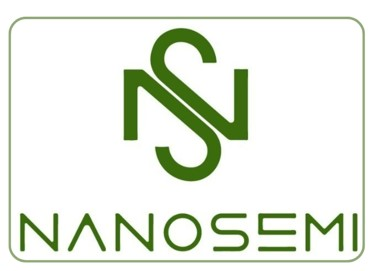Description
The 4-point probe method is a technique used in materials science and electrical engineering to measure the resistivity of thin films and bulk materials. It involves four evenly spaced probes that contact the material surface, forming a square or diamond configuration. By passing a known current through the outer probes and measuring the resulting voltage drop across the inner probes.
The resistivity of the material can be calculated using the formula:
ρ=VI⋅dA\rho = \frac{V}{I} \cdot \frac{d}{A}
where:
- ρ\rho is the resistivity of the material,
- VV is the voltage measured between the inner probes,
- II is the current passing through the outer probes,
- dd is the distance between the probes,
- AA is the cross-sectional area of the material under the probes.
This method is particularly useful for characterizing semiconductor materials, thin films, and other conductive materials with known geometries. It provides a non-destructive and precise way to determine resistivity, which is crucial for evaluating the electrical properties of materials used in various electronic devices and components.




Reviews
There are no reviews yet.